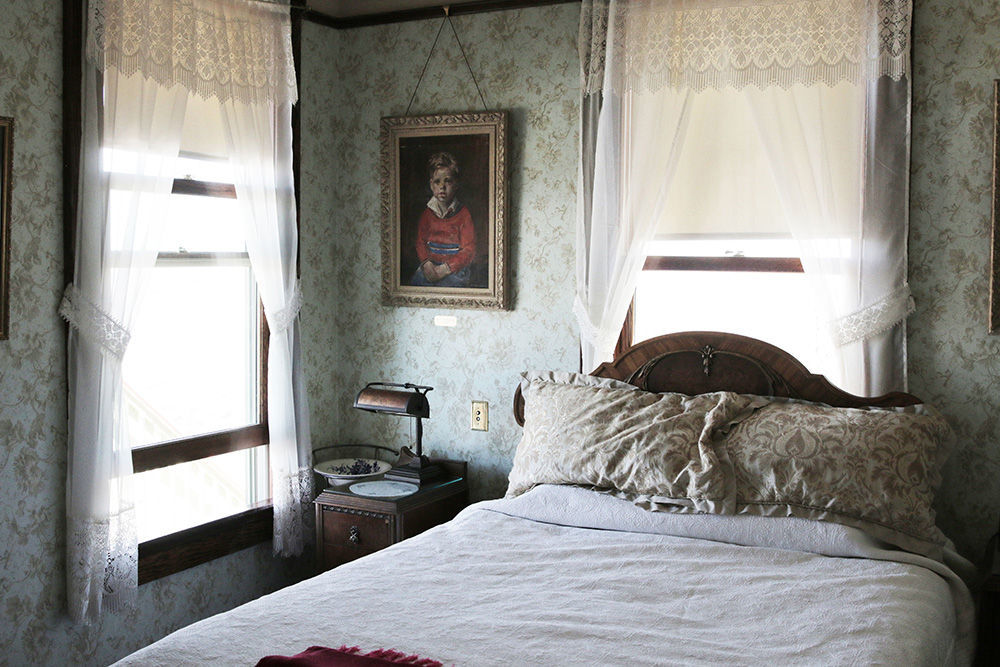PHOENIX т State lawmakers are moving to ensure that owners of vacation rentals are paying what some believe is their fair share in property taxes.
Senate Bill 1490, approved Wednesday by the Senate Finance Committee, would require that non-owner-occupied residential property used at least 90 days a year for short-term rentals be classified as commercial property.
That is significant because commercial properties, like hotels, are assessed for tax purposes at 18% of whatтs considered their тfull cash value.т Thatтs supposed to be roughly equal to market value.
By contrast, residential property has a 10% assessment ratio, for owner-occupied homes as well as apartments and other long-term rentals.
The problem, according to several county assessors, is that the law leaves them in a position where they have to give the residential classification т and therefore lower taxes т to people who buy up and rent out multiple homes for short-term rentals through online platforms such as Airbnb and Vrbo.
People are also reading…
тThere is a clear distinction between a property that is occupied by an owner who on occasion rents their property for short-term vacation rentals and an investor-owned property that acts like a mini hotel in a residence,т said Coconino County Assessor Armando Ruiz.
Jenanne Kentch, the Mohave County assessor, said, тIf a property is not a primary residence, such as a hotel, if the owner of a property makes money for accommodating visitors, such as a hotel, and if the property sees multiple visitors per week or month, such as a commercial hotel does, then this property should be and needs to be classified as commercial.т
Sen. J.D. Mesnard, R-Chandler, who wrote the bill, said the current practice is not right.
тPeople can really have a thriving business that takes advantage of the (property tax) classification system, and really does so unfairly,т he said. тIt gives them a competitive advantage over others.т
But Randy Durow, who owns seven short-term rentals, said any change in tax policy is not fair.
тWe are not hotels,т he told lawmakers. тWe donтt have room service. Weтre not allowed commercial events.т
He also pointed out that the law preserves the lower residential tax assessment for any property rented out for periods of 30 days or more. Durow said thereтs no reason his homes, which may be rented out for three days at a time, should be subject to different treatment.
The change in SB 1490 would have no effect on taxes of people who rent out rooms in the homes they live in, no matter how many days a year they do that.
Sen. David Farnsworth, R-Mesa, who voted against the measure, said he sees the move to raise taxes on these rentals to be an infringement on the free market.
The legislation now needs action by the full Senate. Gov. Doug Ducey signed legislation in 2015 eliminating the ability of local governments to regulate short-term rentals.














